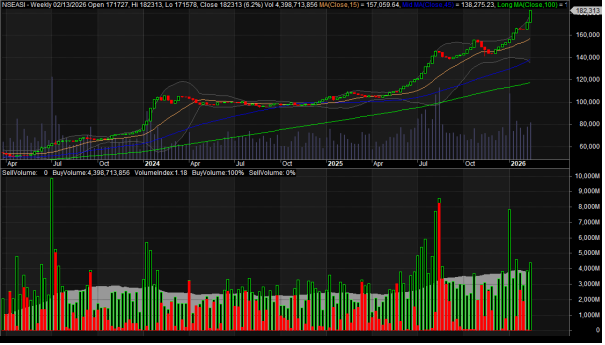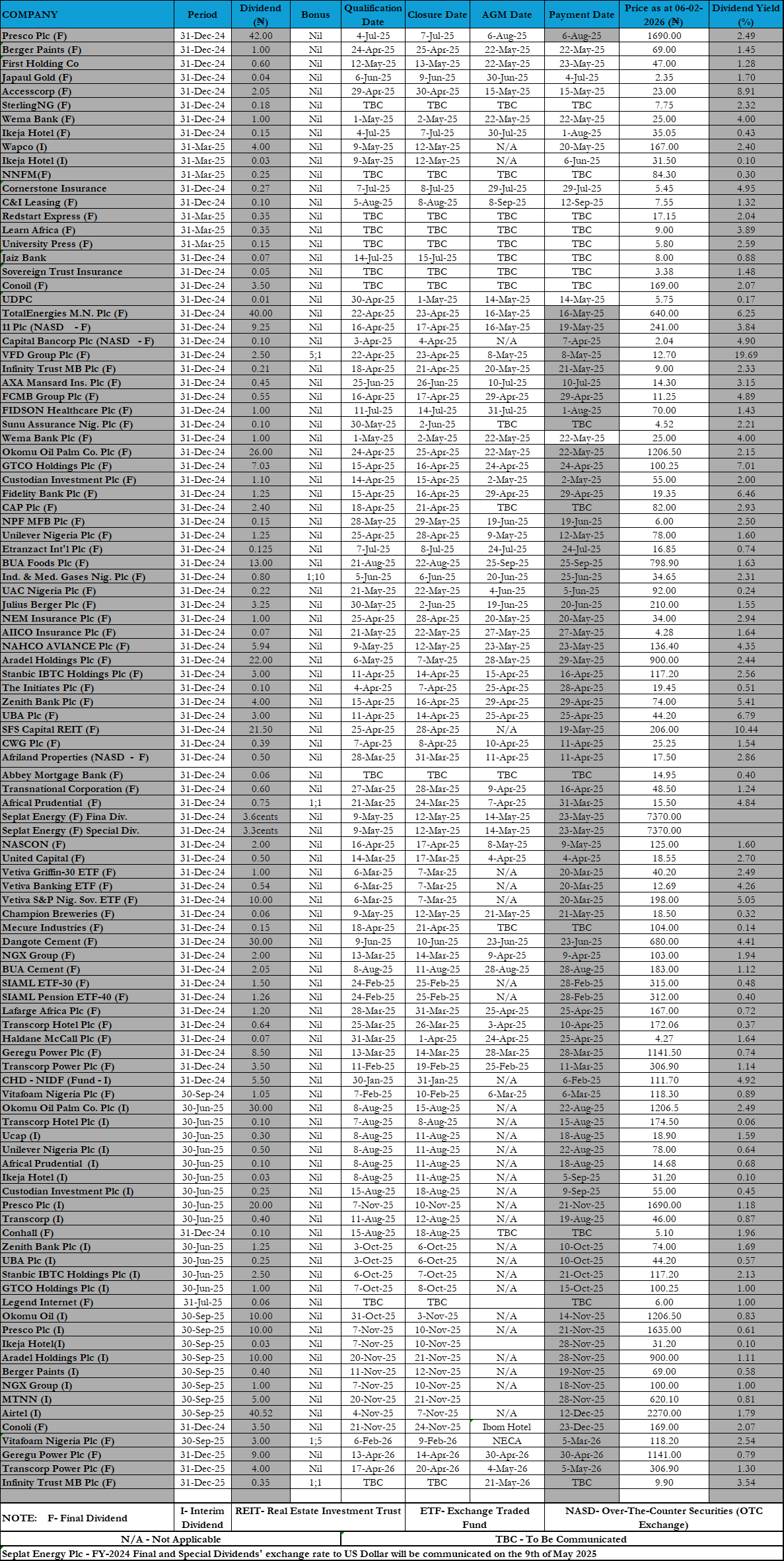
As the Federal Government makes efforts to solve the infrastructure challenges, investment experts, capital market regulators, operators, and other stakeholders will gather on December 7 to proffer ways the government can tap into the nation’s capital market to tackle the challenges.
The experts will gather at Dover Hotel, Ikeja, for the 2019 Annual Conference of the Capital Market Correspondents Association of Nigeria (CAMCAN) to discuss the theme: Bridging Nigeria’s Infrastructure Gap: The Capital Market Option.
The guest speaker at the event will be Oluseun Olatidoye, Head, Debt Capital Markets at FBNQuest Merchant Bank Limited, with vast experience in raising capital, who has for over eight years managed a multi-award winning team that has executed several mandates for a sovereign, sub-national and corporate issuers in excess of $5bn.
A panel, comprising specialists from market regulators, securities exchanges and other operators will discuss and bring more perspectives to the presentation.
Acting Director-General of the Securities and Exchange Commission (SEC), Ms Mary Uduk, will be the special guest of honour, while the Chief Executive Officer, the Nigerian Stock Exchange (NSE), Oscar Onyema, Managing Director/Chief Executive Officer, FMDQ Securities Exchange Plc, Bola Onadele, will be guests.
Also, expected is the Managing Director/CEO, Central Securities Clearing Systems Plc (CSCS), Haruna Jalo-Waziri, representatives from listed companies, trade groups and others to grace the occasion.
A statement by CAMCAN explained that capital markets have pools of long-term funds that can provide the required financing for infrastructure, assuring that the array of experts will examine these, and how the government can use the market to solve the lingering infrastructure challenges at relatively cheaper costs.
According to CAMCAN, “although, the Nigerian equity market has witnessed a bearish trend in recent times, the country’s huge infrastructural deficit in power, housing, roads, healthcare, port services among others are still better addressed via the capital market.
“With government economic reforms running at full throttle, prospects are high for the sustained development of the Nigerian debt market as a viable tool for financing Nigeria’s infrastructure,” he added.









